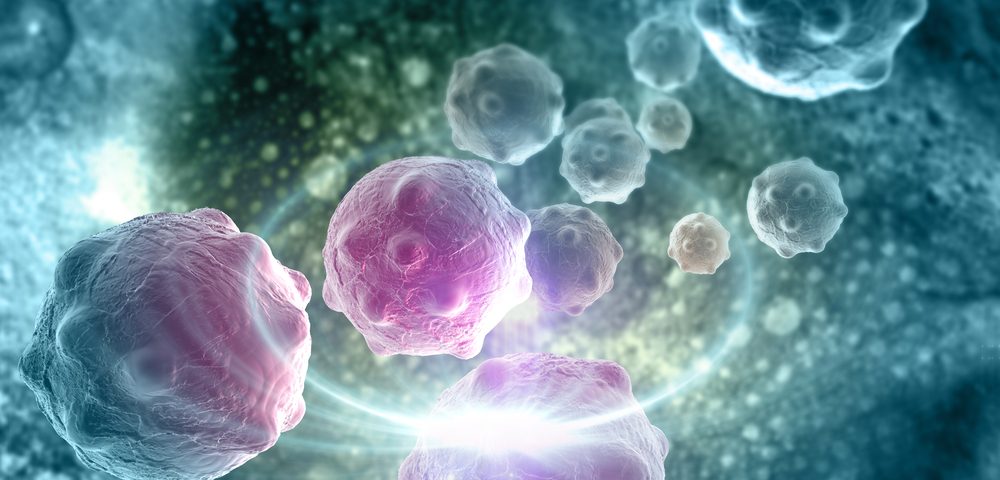Cancer cells are known to be able to speed up their metabolism, reprogramming it so they can proliferate more quickly. Now, researchers have identified one way that tumors alter their metabolism — fermenting rather than burning up glucose for energy — a finding that may lead to a new way of treating virtually all cancers.
Indeed, the study, “Addiction to Coupling of the Warburg Effect with Glutamine Catabolism in Cancer Cells,” published in Cell Reports, shows that inhibiting one of the enzymes required for this skewed metabolism was sufficient to slow or halt the growth of colon cancer cells.
The researchers also identified, for the first time, how cancer-causing mutations can alter the way cancer cells metabolize specific nutrient sources in order to replicate.
“Every tissue or cell type in the body has different metabolic needs but as cells become cancerous their metabolism shifts in ways that are very different from normal cells,” Joshua Munger, PhD, an associate professor of Biochemistry and Biophysics, said in a press release. “Being able to identify those differences is critical for developing treatment targets.”
Scientists have known for decades that cancer cells take up the glucose in the blood at alarming rates. But these cells addiction to sugar is only one part of the story, said Hucky Land, PhD, the Robert and Dorothy Markin professor and chair of Biomedical Genetics, and director of research at the URMC’s Wilmot Cancer Institute, who closely collaborated with Munger on this project.
While sugar is the primary source of energy and biosynthesis for healthy cells, in cancer cells it is metabolized differently; instead of burning sugar to produce large amounts of energy, cancer cells ferment sugar, to give them a more continual source of energy for fast cell division and proliferation.
Cancer-causing mutations are responsible for this change in these cells’ metabolism, the researchers discovered. And they found that fermented glucose also allows cancer cells to increase their consumption of glutamine, another nutrient source that is abundant in the bloodstream.
“Our paper demonstrates that cancer cells, but not normal cells, depend on this link between sugar fermentation and glutamine consumption,” Land said. “This suggests a novel way that we might be able to intervene with treatment.”
To test their hypothesis, the researchers used colon cancer cell lines resulting from two specific cancer-causing mutations. They found that the glutamine uptake was critical for the cancer cell malignant transformation, and that inhibiting an enzyme involved in glutamine consumption prevented the growth of these cancer cells.
A number of early clinical trials are now testing ways to target cancer cells’ altered metabolism. This research may have found a key mechanism to apply to this concept, but further studies are required.
“Is it possible to apply this to other cancers? That’s our next question,” Munger said. “We’re testing how this could be broadly applied in the clinic.”


